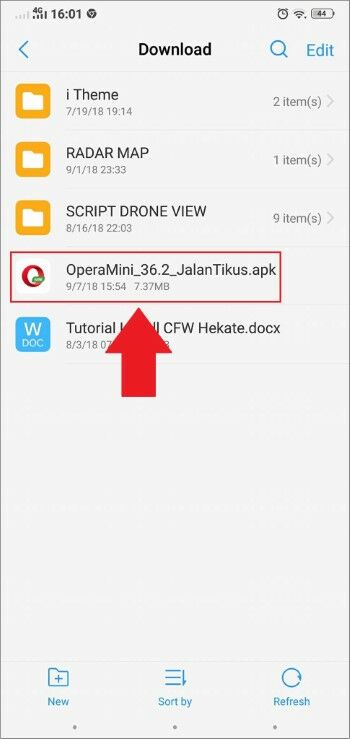
What are your options? The answer very well might be the use of a VPN or perhaps a proxy server. In essence, each attempt to provide some level of privacy from advertisers and others interested in knowing your browsing information.īut hey! You don’t want anyone sniffing around your digital world without a search warrant unless they’re also carrying a gift card to Starbucks. Opera not-so creatively refers to theirs as Private Tab / Private Window. Safari, Firefox and Amazon’s Silk privacy features are called, PRIVATE BROWSINGĮxplorer/Edge refers to this feature as InPrivate Browsing. Windows laptops and desktops generally use Explorer or its newest iteration named Edge.Īnd still others might be using Mozilla’s Firefox or Amazon’s Silk.Īll have the ability to some extent to provide surfing privacy If you’re using an Android device you’re probably using Chrome. For example: If you’re using a Mac, iPhone or iPad you are probably using the default browser called Safari.

VPNs, or virtual private networks, provide an added level of security when you’re surfing the web using one of the top browsers. What? You actually work for a living and are raising 3 kids who play sports, are on a dance team and twice a week you need to drive them to tuba practice? No worries. This press release created a flood of questions about online privacy, VPNs and proxy servers. Recently, Opera, the web browser developed by Opera Software announced that it would add a free VPN service to its latest version.


 0 kommentar(er)
0 kommentar(er)
